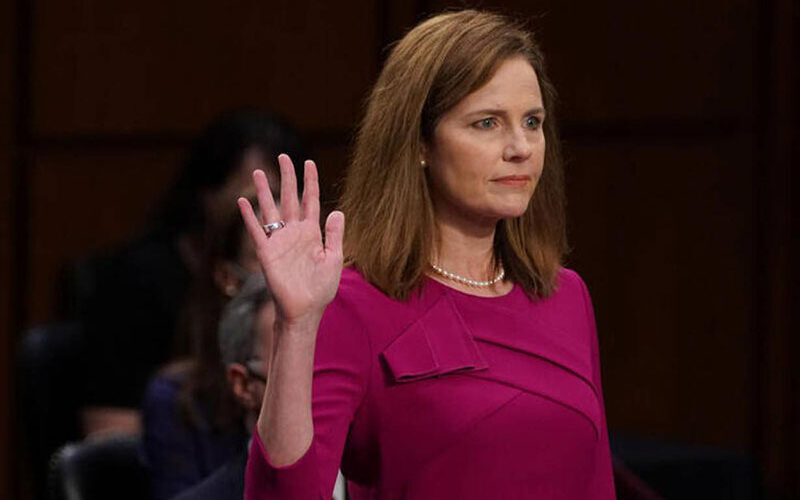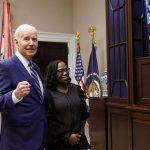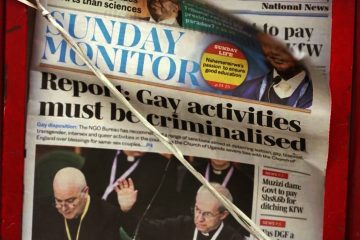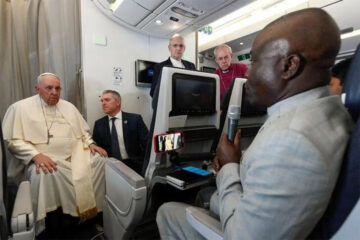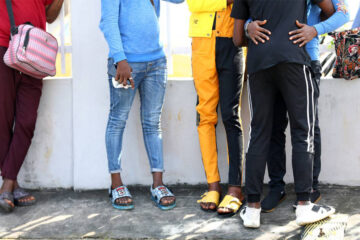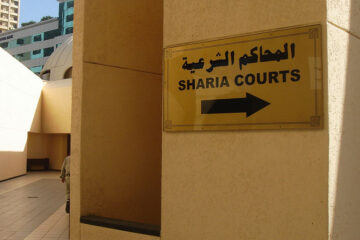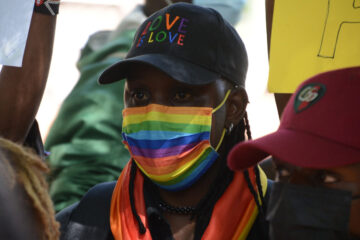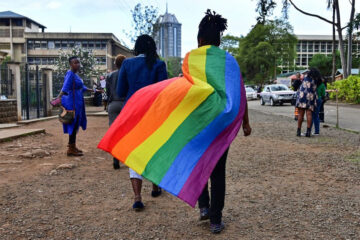MATTHEW LAVIETES
US PRESIDENT Donald Trump’s nomination of Amy Coney Barrett to the U.S. Supreme Court has alarmed many LGBT+ advocates, who fear the appointment of another conservative judge would jeopardise the rights of gay and trans people.
If confirmed, Barrett, who has described conservative judge Antonin Scalia as her mentor, would push the country’s highest court to a 6-3 conservative majority.
At 48, she could serve for decades in the lifetime job, potentially leaving a lasting conservative legacy.
“Confirming Barrett will drag America backwards,” Sarah Kate Ellis, head of the LGBT+ advocacy group GLAAD, said in a statement when she was nominated.
As the U.S. Senate on Monday opened a four-day confirmation hearing, here is a look at Barrett’s record on LGBT+ rights.
DEFENDING DISSENT ON SAME-SEX MARRIAGE
In a 2016 lecture, Barrett defended the justices who dissented against the landmark 2015 ruling that legalized gay marriage nationwide, known as Obergefell v. Hodges.
She suggested that the ruling should have been decided by legislators not the court.
“Those who want same-sex marriage, you have every right to lobby in state legislatures to make that happen, but the dissent’s view was that it wasn’t for the court to decide,” Barrett said then.
“So I think Obergefell, and what we’re talking about for the future of the court, it’s really a who decides question,” she said.
Criticism of the gay marriage ruling was revived this month when Justice Clarence Thomas and Justice Samuel Alito said the ruling continues to have “ruinous consequences” for religious liberty.
LBGT+ advocacy groups took those comments as a worrying sign for same-sex marriage and gay rights on a court moving further rightward.
BATHROOM ACCESS FOR TRANS PEOPLE
Barrett has also argued against extending Title IX protections, federal civil rights laws barring Americans from discrimination on the basis of sex, to trans Americans.
In the same 2016 lecture, Barrett said that applying Title IX to fight against policies banning trans people from using the bathroom that aligns with their gender identity would be a “strain” of the text.
“When Title IX was enacted, it’s pretty clear that no one, including the Congress that enacted that statute, would have dreamed of that result, at that time,” Barrett said, referring to the extension of the rights to trans Americans.
Instead, Barrett said that the debate should be decided by U.S. Congress.
“Maybe things have changed so that we should change Title IX, maybe those arguing in favor of this kind of transgender bathroom access are right. That’s a public policy debate to have.”
RELIGIOUS EXEMPTIONS
Later this year, the court will decide on a major religious rights dispute involving the city of Philadelphia’s refusal to place children for foster care with a Catholic agency that bars same-sex couples from serving as foster parents.
The agency, Catholic Social Services (CSS), has accused the city of violating the U.S. Constitution’s First Amendment rights of freedom of speech and religion, and cited their religious beliefs to seek exemption from the law.
Barrett has not commented on the case, but has backed religious exemptions in other scenarios.
In 2012, she signed onto a letter criticizing a national requirement that employers provide contraceptive coverage as part of their employer-sponsored health insurance plans.
It argued that the contraceptive coverage requirement was “a grave violation of religious freedom.” – Thomson Reuters Foundation.

